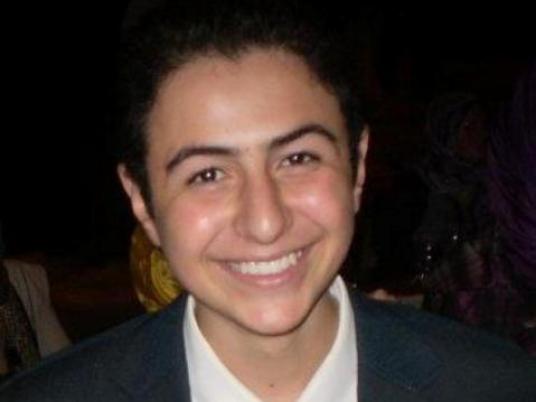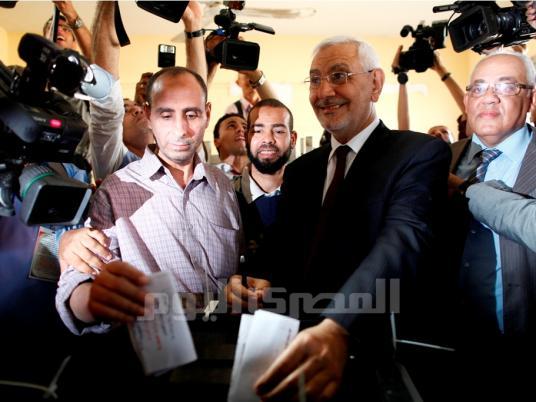Popular Muslim preacher Amr Khaled on Wednesday announced that he plans to form a political party called Egypt’s Future. During a YouTube video broadcast Khaled said the party would have nothing to do with the existing political parties and that it would represent Egyptians in the villages and outer governorates.
Khaled said he would be the representative of the party’s founders, while the party’s chairman will be elected by party members after 100,000 members join.
Khaled went on to say that there must be an institutionalized partisan entity that has a strong presence in all governorates and can fulfill the aspirations of those who are confused.
He said he received a huge number of phone calls from Egyptians abroad asking him what road to take, which is why he decided to establish a strong political party that can attend to the ambitions of this confused sector of Egyptians.
Khaled went on to say that Egypt’s Future Party would be based on three principles: patriotism towards Egypt, development, and “responsible freedom,” and that it would be distinguished from other established parties in that it starts from the villages and hamlets, rather than Cairo.
Khaled said that if he was seeking power, which he isn’t, he would have taken other measures and entered into other ventures, the details of which he did not disclose.
“Everyone knows my history, which carries no conflicts with anyone. Everyone who becomes involved in the party will work on development rather than focusing on political conflicts,” he said.
Amr Khaled is a charismatic and moderate populist Muslim preacher known for wooing crowds of upper-middle class Egyptian youths.
Despite his apolitical approach, Khaled upset Egyptian authorities under the rule of the ousted President Hosni Mubarak with his ability to sway large groups, and many say his sermons caused a large number of young women to begin wearing the hijab.
During Mubarak’s rule, he used to spend much of his time in London due to pressure from the authorities who feared popular religious leaders.



